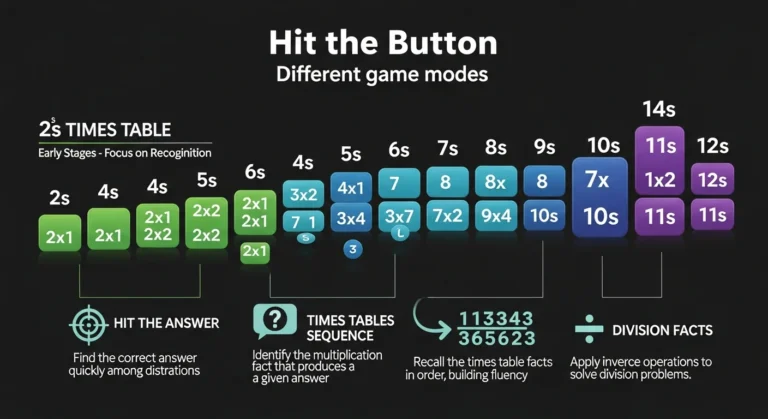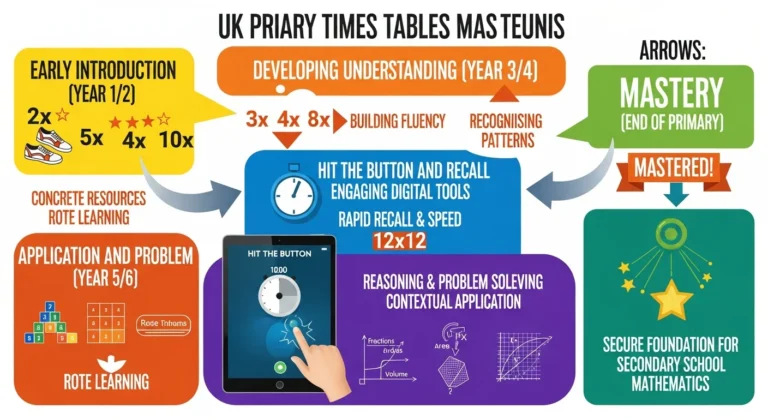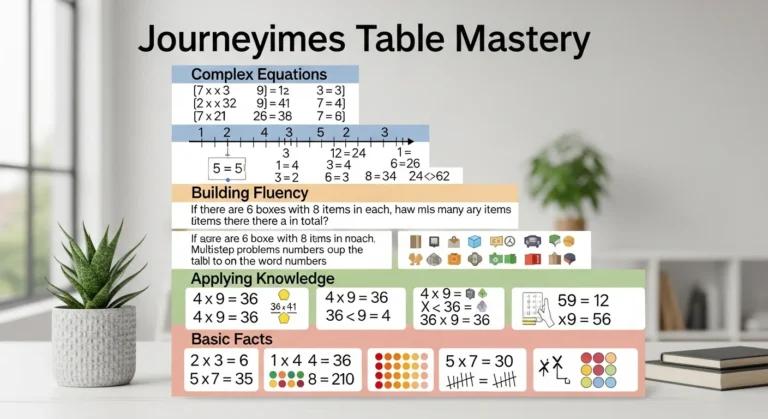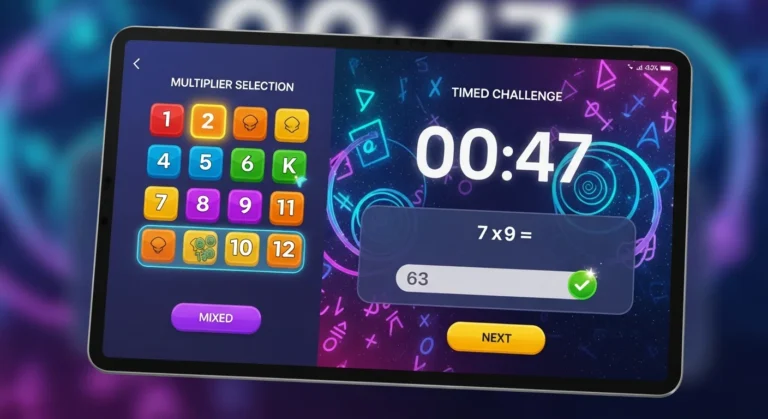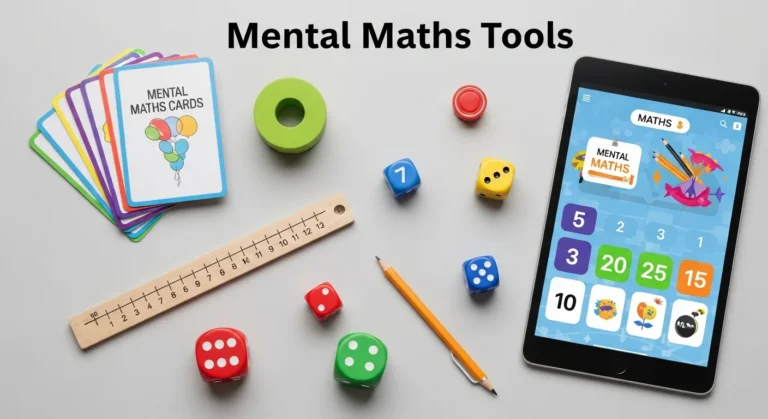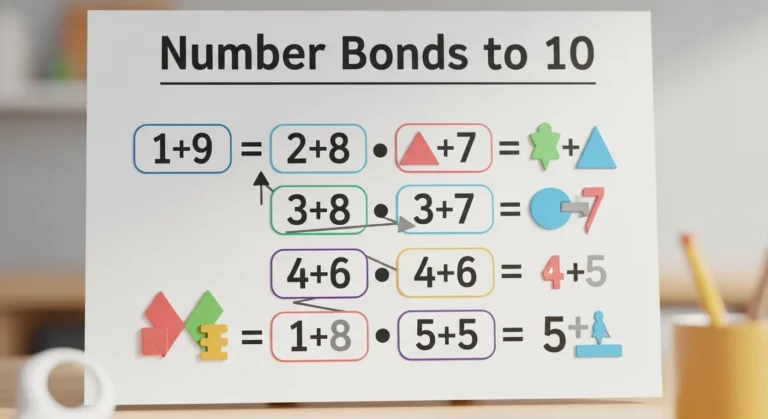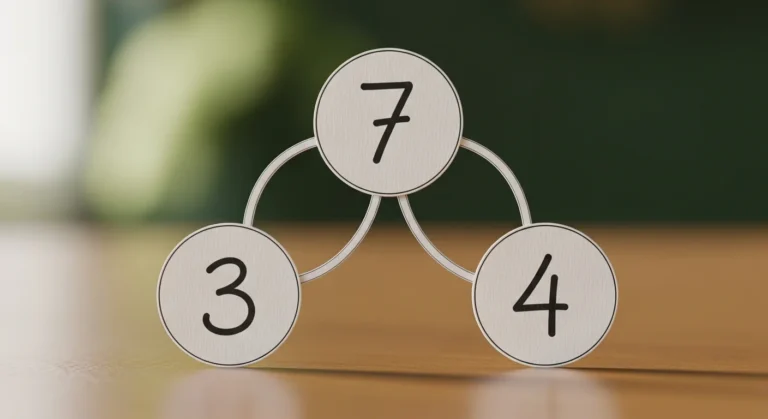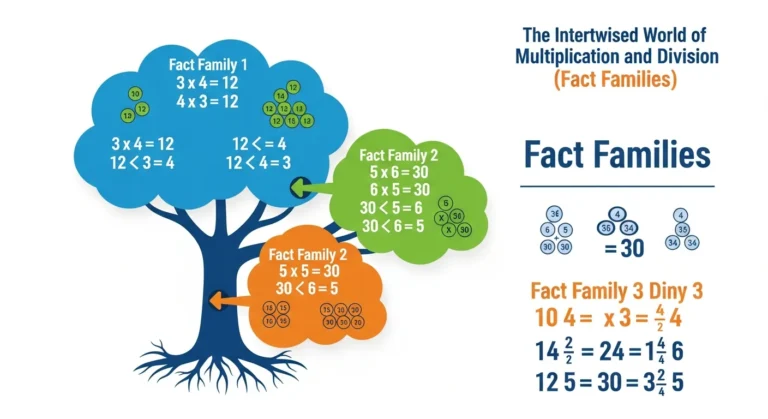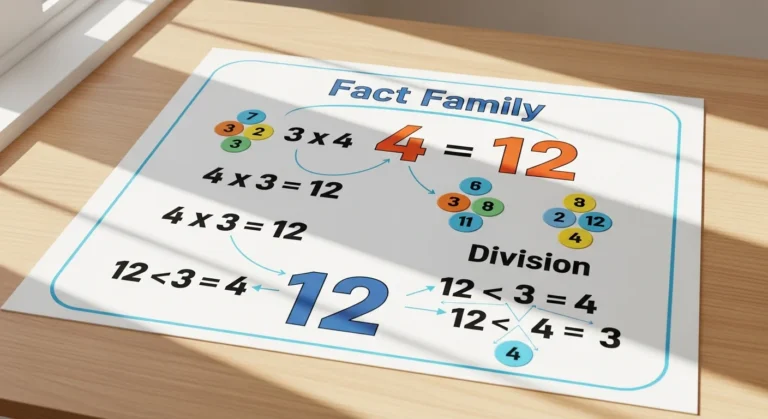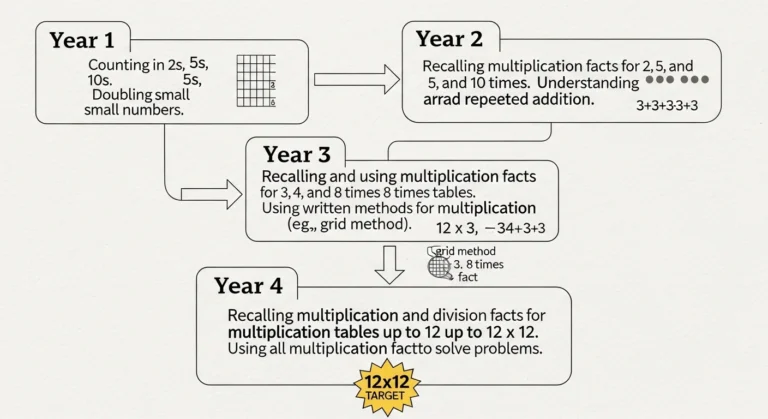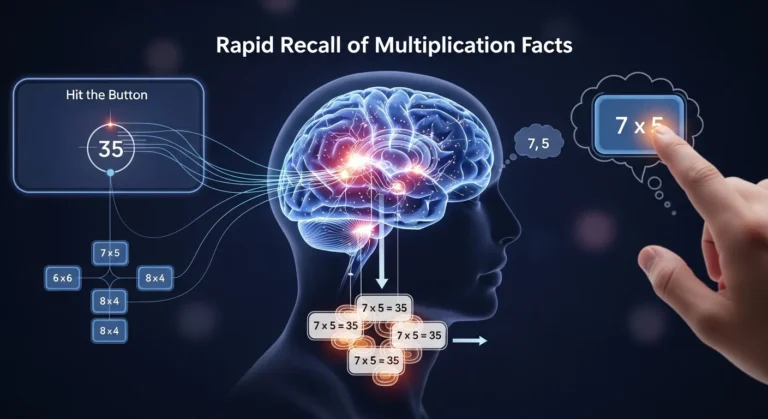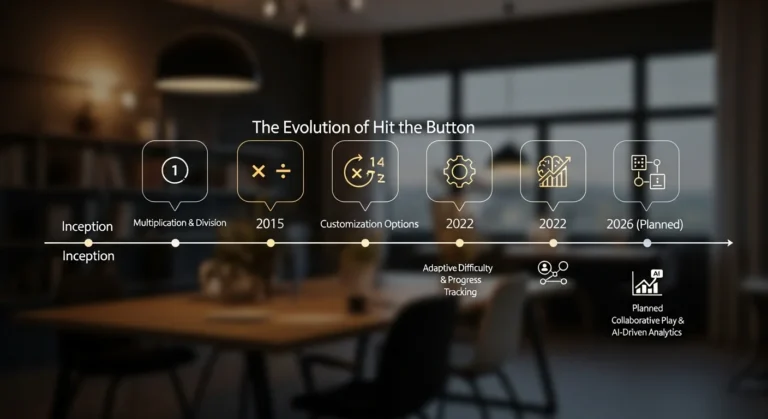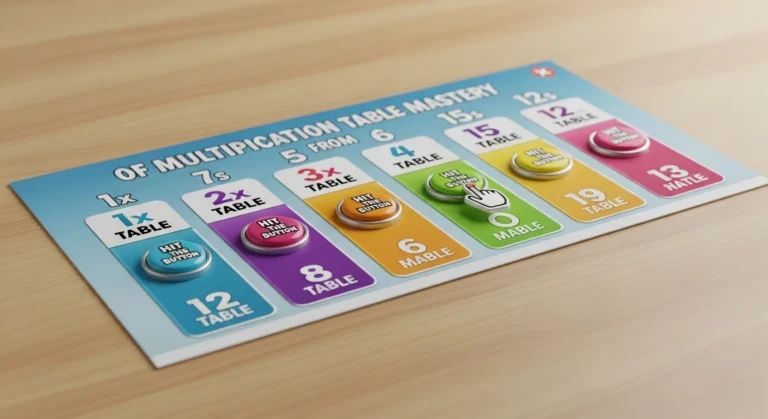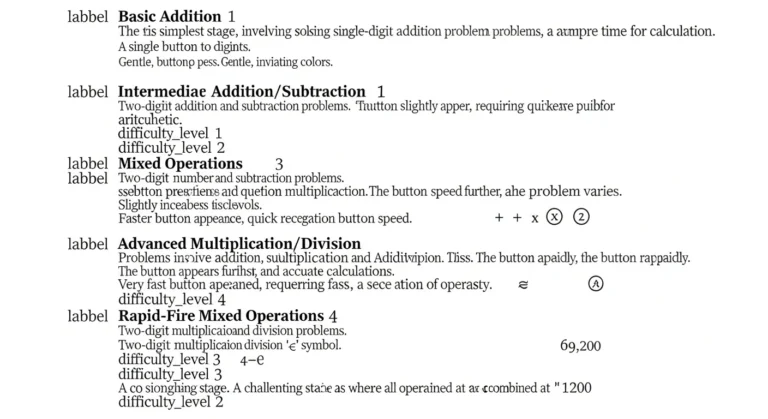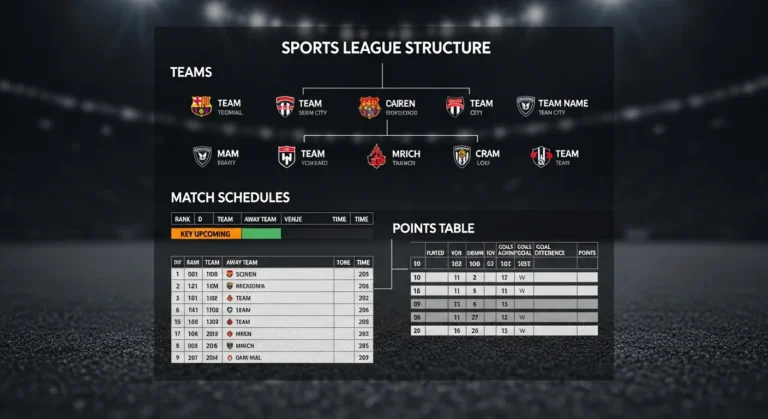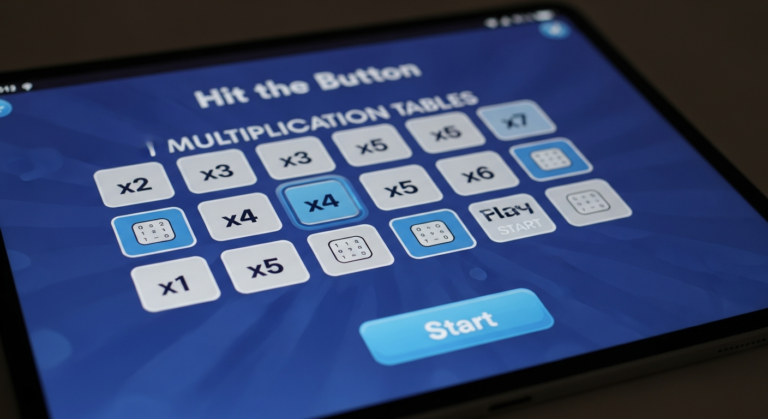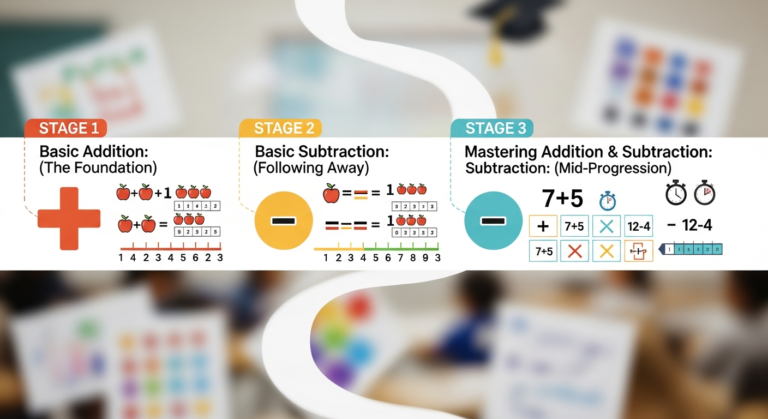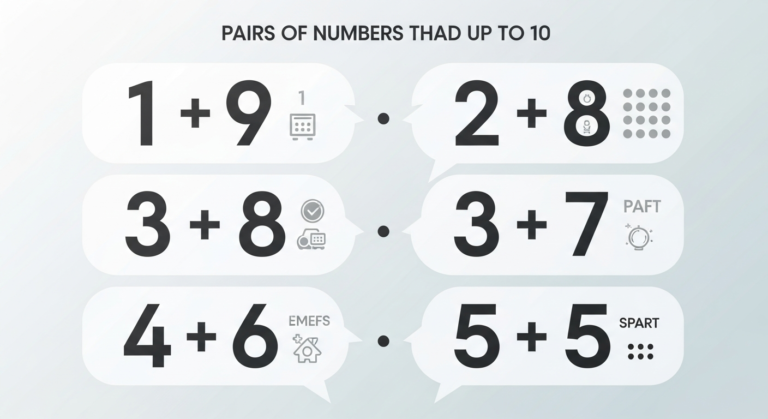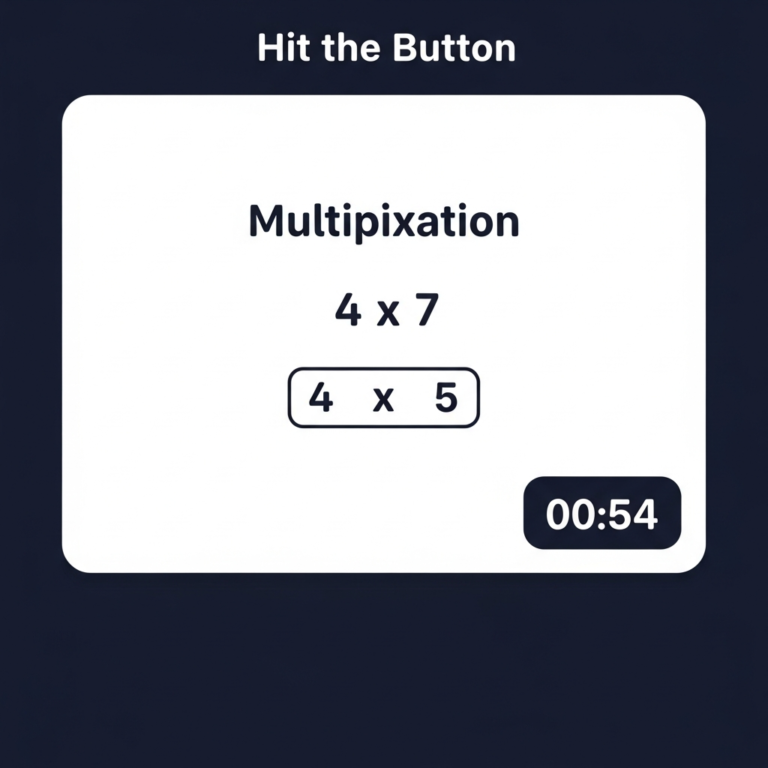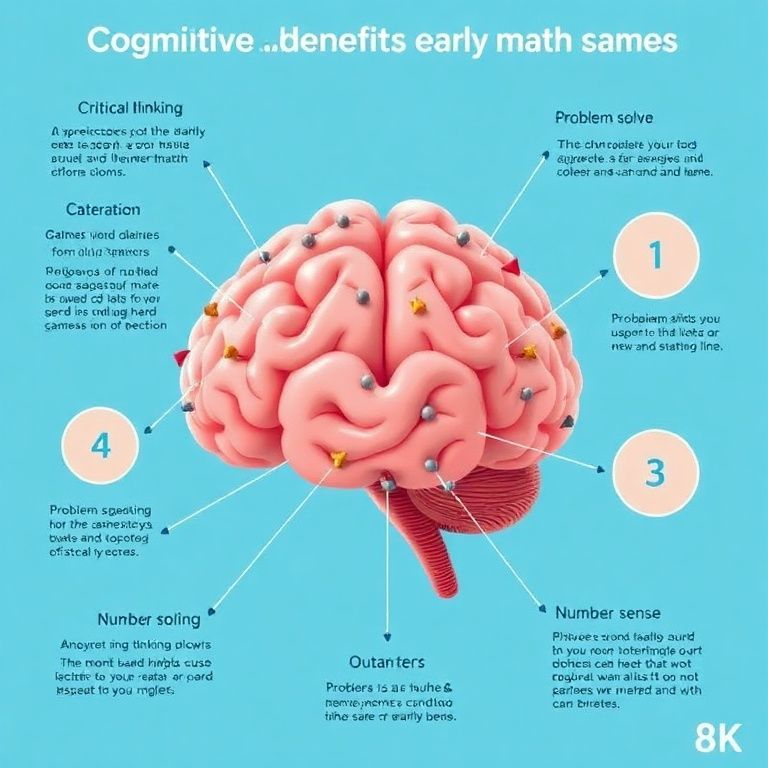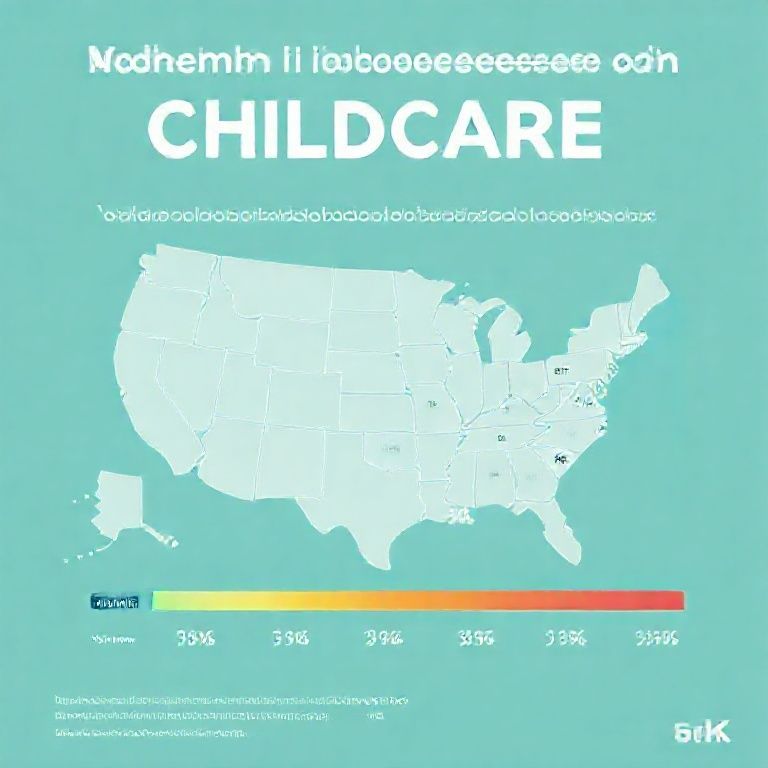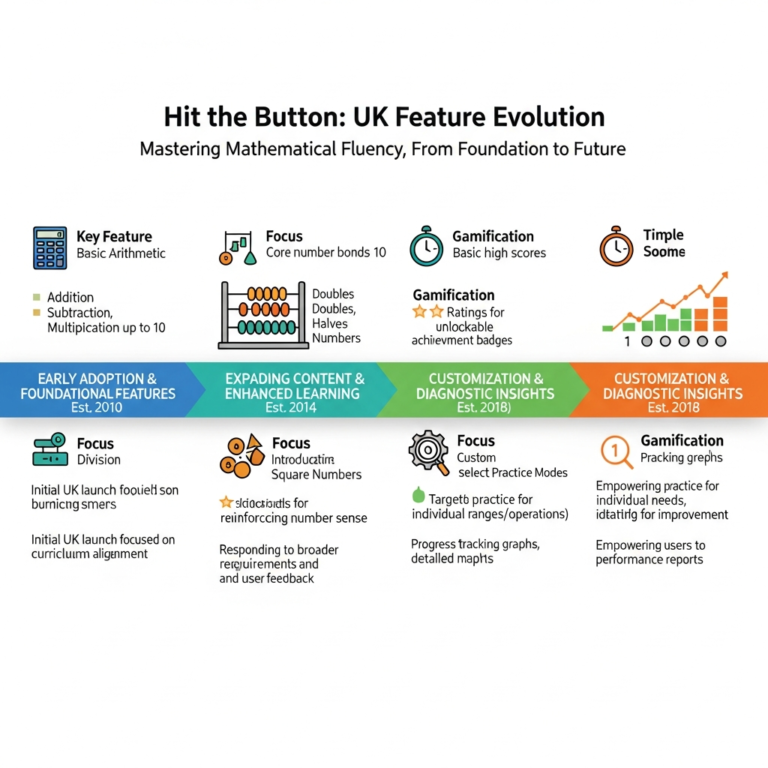Welcome to our Maths Blog for Kids UK, where you’ll find interactive resources, tips, and games for KS1 and KS2 learners.
Table of Contents
- Hit The Button Math Game: UK Schools’ Favourite Times Tables Tool For 2026
- Hit The Button Math Game: UK Schools’ Favourite Times Tables Tool For 2026
- Times Tables Practice Game
- Times Tables Practice Game
- Classroom Mental Maths Tools
- Classroom Mental Maths Tools
- Number Bonds To 10, 20 & 100
- Number Bonds To 10, 20 & 100
- Mental Division Facts
- Mental Division Facts
- Government Policy On Times Tables Testing: How Hit The Button Fits In UK Curriculum
- Hit The Button Math: UK Schools’ Top Score Strategies December 2025
- The ‘New’ Hit The Button Updates: What UK Educators And Parents Need To Know For 2026.
- Unlock Your Child’s Potential: Expert Tips From UK Teachers On Maximising Hit The Button’s Impact.
- I Tried The Viral ‘Hit The Button’ Speedrun Challenge – Can UK Parents Keep Up With Their Kids?
- Screen Time Vs. Smart Time: The UK Parental Debate On Hit The Button’s Role In Holiday Learning (Dec 2025).
- مباريات الدورى
- مباريات الدورى
- The Great British Hit The Button Challenge: UK-wide Leaderboards And Competition Updates
- The Great British Hit The Button Challenge: UK-wide Leaderboards And Competition Updates
- Hit The Button Game
- Hit The Button Game
- 11+ Exam Prep In 2025: Advanced Hit The Button Strategies For Grammar School Entry Success.
- Hit The Button Maths
- Hit The Button Maths
- Hit The Button Number Bonds To 10
- Hit The Button Number Bonds To 10
- The Ofsted Verdict: How Educational Apps Like Hit The Button Are Being Scrutinised In UK Primary Schools.
- UK Schools And The 2026 Maths Curriculum: Is Hit The Button A Must-Have For Mental Fluency?
- Data Privacy Fears: Is Your Child’s ‘Hit The Button’ Progress Secure Under UK GDPR Laws?
- Parental Play-Off: ‘Hit The Button’ Vs. Times Tables Rock Stars – Which App Wins For UK Kids?
- The ‘Mumsnet’ Debate: Is Using A Stylus On Hit The Button Considered Cheating In School Competitions?
- Hit The Button Math Ks1
- Hit The Button Math Ks1
- Nostalgic ‘Gen Z’ Childhood Memories Of Topmarks Games
- Advanced Techniques For ‘Halves’ And ‘Doubles’ Modes
- Tips For Mastering The ‘Square Numbers’ High Score
- Classroom Leaderboard Competitions And Tournaments
- Satisfying ASMR Hit The Button Gameplay Videos
- Hit The Button Year 4 Multiplication Tables Check (MTC) Prep
- Strategies For Scoring 60+ Points In One Minute
- TikTok ‘Fastest Fingers’ Hit The Button Challenge
- Hit The Button World Record Speedruns
- The Ultimate Guide To Mastering The 2025 ‘Mixed Skills’ Holiday Tournament
- Neurodiversity And Fast-Paced Gaming: How Hit The Button Adapted Its Interface For ADHD Learners In 2025
- Why ‘Hit The Button’ Is Trending On TikTok: The #ButtonSpeedChallenge That’s Going Viral This December
- How To Use The New 2025 ‘Decimal Dash’ Mode To Triple Your Mental Math Speed
- The ‘No Timer’ Controversy: Why Some Educators Are Calling For An End To Hit The Button’s Countdown
- Topmarks 2.0 Leak: Are VR And Augmented Reality Modes Coming To Hit The Button This Christmas?
- Is AI Ruining Classroom Competition? The Rise Of Sophisticated Auto-Clicker Bots For Hit The Button
- The 2025 Hit The Button World Record: How A 10-Year-Old Achieved The First-Ever Perfect 100 In Multiplication
- Hit The Button Marathon: 24-Hour Charity Stream For Global STEM
- Eye-Tracking Tech: The New Meta For Sub-0.1s Reaction Times
- Retro Education: Why Gen Alpha Is Reclaiming 2010s Math Games
- The ‘Muscle Memory’ Challenge: Clearing The Grid Without Looking
- Teacher Vs. AI: Can An Algorithm Beat The World Record Score?
- The ASMR Of Rapid Clicking: 60 Seconds Of High-Speed Doubles
- Topmarks Holiday Update: Limited Edition Snowball UI Skins
- National School League: The December 2025 Grand Finals
- Hit The Button VR: Immersive Math Dojo Gameplay Trends
- The ‘Blindfolded 12x Tables’ Viral Speedrun Challenge
- Food Insecurity Is Surging Among Child Care Providers
- Opinion: Three Promising Practices To Engage A New Workforce
- Layoffs, Cuts And Closures Are Coming To LAUSD Schools As District Confronts Budget Shortfalls
- Opinion: Derrick Bell, Critical Race Theory And The Beginnings Of School Choice
- She Reimagined Dolls For Her Daughter — And Defied Stereotypes About Indigenous Women
- Is Hit The Button Math Game Addictive? Expert Opinions And UK Parental Concerns
- Is Hit The Button Math Game Addictive? Expert Opinions And UK Parental Concerns
- How To Master Multiplication Facts Using Hit The Button: A UK Parent’s Guide
- How To Master Multiplication Facts Using Hit The Button: A UK Parent’s Guide
- Hit The Button Math Game Controversy: Are Drills Effective For UK Children?
- Hit The Button Math Game Controversy: Are Drills Effective For UK Children?
- UK Schools’ Favourite Hit The Button Math Game Features For Boosting Engagement
- UK Schools’ Favourite Hit The Button Math Game Features For Boosting Engagement
- She Reimagined Dolls For Her Daughter — And Defied Stereotypes About Indigenous Women
- She Reimagined Dolls For Her Daughter — And Defied Stereotypes About Indigenous Women
- She Reimagined Dolls For Her Daughter — And Defied Stereotypes About Indigenous Women
- Teaching A Generation That Questions Everything
- Teaching A Generation That Questions Everything
- Teaching A Generation That Questions Everything
- Child Care Costs More Than Rent In Most Metro Areas. Why Can't We Fix That?
- Child Care Costs More Than Rent In Most Metro Areas. Why Can't We Fix That?
- Rethinking What We Choose To Measure In Schools
- Hit The Button Math Game Updates And New Features Announced For UK Users (late 2025)
- Hit The Button Math Game Updates And New Features Announced For UK Users (late 2025)
- Comparing Hit The Button To Traditional Math Methods: What UK Educators Recommend
- What AI Integration Really Looks Like In Today’s Classrooms
- In Wisconsin, Dual Enrollment Stalls: Teachers Must Go Back To School
- Is Mental Math Declining? Why UK Parents Are Turning To Hit The Button More Than Ever In 2025.
- Is Mental Math Declining? Why UK Parents Are Turning To Hit The Button More Than Ever In 2025.
- Hit The Button Vs. Daily 10: Which Is Better For Math Fluency?
- Beyond Tables: Mastering KS2 SATs Arithmetic Paper With Hit The Button’s Hidden Features.
- Hit The Button Math Game For Ks1 And Ks2
- Hit The Button Vs. Times Tables Rock Stars: Which App Dominates UK Primary Classrooms In 2025?
- Hit The Button Vs. Times Tables Rock Stars: Which App Dominates UK Primary Classrooms In 2025?
-
Hit The Button Math Game: UK Schools’ Favourite Times Tables Tool For 2026
Hit the Button Math Game: UK Schools’ Favourite Times Tables Tool for 2026 In the ever-evolving landscape of educational technology, a particular online game has cemented its position as a cornerstone for mastering multiplication and division facts in the UK: the Hit the Button math game. As we look towards 2026, its enduring popularity among…
-
Hit The Button Math Game: UK Schools’ Favourite Times Tables Tool For 2026
Hit the Button Math Game: UK Schools’ Favourite Times Tables Tool for 2026 The pursuit of mastering multiplication and division facts is a cornerstone of primary education in the UK. As educators continually seek engaging and effective tools to support this crucial learning, the ‘Hit the Button’ math game has solidified its position as a…
-
Times Tables Practice Game
Mastering Multiplication: The Ultimate Times Tables Practice Game Guide The “Hit the Button” math game is a highly engaging and effective tool for children to develop fluency with their times tables. In a world increasingly reliant on digital learning, a well-optimized game page for ‘times tables practice game’ can significantly drive organic traffic. This guide…
-
Times Tables Practice Game
Mastering Multiplication with Times Tables Practice Games Times tables are a fundamental building block in mathematics, and for young learners, mastering them can unlock a world of more complex mathematical concepts. While rote memorization has its place, engaging times tables practice games offer a far more dynamic and effective approach. These games transform repetitive drills…
-
Classroom Mental Maths Tools
Mastering Classroom Mental Maths: Essential Tools for Success In today’s dynamic educational landscape, the ability for students to perform mental calculations quickly and accurately is more crucial than ever. Mental maths is not just about rote memorization; it’s about developing number sense, problem-solving skills, and building confidence. For educators seeking to foster these abilities, a…
-
Classroom Mental Maths Tools
The Essential Toolkit for Mastering Mental Maths in the Classroom Developing strong mental maths skills is fundamental to a child’s academic success. It empowers them to solve problems efficiently, boosts confidence, and lays the groundwork for more complex mathematical concepts. In today’s technologically advanced educational landscape, a variety of digital and physical tools can significantly…
-
Number Bonds To 10, 20 & 100
Mastering Number Bonds to 10, 20, and 100: A Hit the Button Expert Guide Understanding number bonds is a foundational skill in mathematics, crucial for developing fluency and confidence in arithmetic. Number bonds are simply pairs of numbers that add up to a specific target number. Mastering these bonds, particularly to 10, 20, and 100,…
-
Number Bonds To 10, 20 & 100
Mastering Number Bonds to 10, 20, and 100 with Hit the Button Understanding number bonds is a foundational skill in mathematics, crucial for developing fluency and confidence with arithmetic. This guide will explore how to effectively teach and learn number bonds to 10, 20, and 100, leveraging the engaging and effective Hit the Button math…
-
Mental Division Facts
Mastering Mental Division Facts: A Comprehensive Guide for Young Learners Mental division facts are the foundational building blocks for understanding division. They empower students to solve division problems quickly and accurately without relying on algorithms or calculators. For children using engaging platforms like Hit the Button, mastering these facts can transform math practice into an…
-
Mental Division Facts
Mastering Mental Division Facts with Hit the Button Math Game Understanding the Building Blocks of Division Division is a fundamental arithmetic operation that often presents a challenge for young learners. Unlike addition, subtraction, and even multiplication, division involves understanding the concept of splitting a whole into equal parts. Mental division facts, the quick recall of…
-
Government Policy On Times Tables Testing: How Hit The Button Fits In UK Curriculum
Understanding Government Policy on Times Tables Testing in the UK The National Curriculum and Times Tables Fluency The UK government places significant emphasis on developing strong foundational mathematical skills in primary school children. A cornerstone of this is the mastery of multiplication tables. The National Curriculum, updated to reflect these priorities, mandates that by the…
-
Hit The Button Math: UK Schools’ Top Score Strategies December 2025
Hit the Button Math: UK Schools’ Top Score Strategies for December 2025 Mastering Multiplication, Addition, Subtraction, and Division for Peak Performance The “Hit the Button” game has become an indispensable tool in UK primary schools, a quick and engaging way to reinforce fundamental arithmetic skills. As we approach December 2025, educators and students are honing…
-
The ‘New’ Hit The Button Updates: What UK Educators And Parents Need To Know For 2026.
The ‘New’ Hit the Button Updates: What UK Educators and Parents Need to Know for 2026 The beloved ‘Hit the Button’ math game is poised for exciting enhancements, with significant updates anticipated for 2026. These changes are designed to further solidify its position as a cornerstone of primary math practice for UK educators and parents….
-
Unlock Your Child’s Potential: Expert Tips From UK Teachers On Maximising Hit The Button’s Impact.
Maximising Hit the Button’s Impact: Expert Insights from UK Teachers Hit the Button is a beloved resource for parents and educators across the UK, designed to make mastering essential math facts engaging and fun for children. But how can you ensure your child is truly unlocking their full potential with this powerful tool? This guide,…
-
I Tried The Viral ‘Hit The Button’ Speedrun Challenge – Can UK Parents Keep Up With Their Kids?
The ‘Hit the Button’ Speedrun: A Parent’s Quest to Conquer the Digital Playground The internet is awash with viral challenges, but few tap into the raw, unadulterated joy of basic arithmetic like ‘Hit the Button’. This seemingly simple online math game has parents across the UK scratching their heads and, more importantly, their heads against…
-
Screen Time Vs. Smart Time: The UK Parental Debate On Hit The Button’s Role In Holiday Learning (Dec 2025).
Screen Time vs. Smart Time: The UK Parental Debate on Hit the Button’s Role in Holiday Learning (Dec 2025) As December 2025 approaches, UK parents are increasingly grappling with the perennial question: how to balance screen time with productive, enriching activities for their children during school holidays. The rise of engaging educational apps, like the…
-
مباريات الدورى
The Ultimate Guide to Mastering ‘مباريات الدورى’ (League Matches) with Hit the Button Math Understanding and engaging with ‘مباريات الدورى’ (league matches) is a fundamental aspect of many sports and competitive environments. While the term directly translates to “league matches,” its implications stretch far beyond just scheduling. It encompasses strategy, player performance, team dynamics, and…
-
مباريات الدورى
مباريات الدوري: دليلك الشامل لتحليل الأداء الرياضي في عالم الرياضة، تعد ‘مباريات الدوري’ أكثر من مجرد منافسات؛ إنها مختبرات حقيقية لقياس أداء الفرق واللاعبين، ومؤشرات رئيسية لاتجاهات المواسم. بالنسبة لعشاق رياضة كرة القدم، وخاصةً المهتمين بتحليل الجوانب الإحصائية والتكتيكية، فإن فهم كيفية تحليل هذه المباريات بعمق يمكن أن يفتح آفاقًا جديدة للمشاهدة والتنبؤ. يركز هذا…
-
The Great British Hit The Button Challenge: UK-wide Leaderboards And Competition Updates
The Great British Hit the Button Challenge: Your Guide to UK-wide Leaderboards and Competition Updates The Hit the Button math game has become a nationwide phenomenon, fostering a fun and competitive environment for children to hone their essential mental math skills. The “Great British Hit the Button Challenge” takes this engagement to the next level,…
-
The Great British Hit The Button Challenge: UK-wide Leaderboards And Competition Updates
The Great British Hit the Button Challenge: UK-wide Leaderboards and Competition Updates The Hit the Button math game has ignited a nationwide frenzy, culminating in ‘The Great British Hit the Button Challenge’. This exciting initiative, designed to boost mental arithmetic skills across the UK, invites children, schools, and even families to compete on a national…
-
Hit The Button Game
Hit the Button Game: A Comprehensive Guide to Mastering Math Facts The “Hit the Button” game is a highly engaging and effective online tool designed to help children (and adults!) master fundamental math facts. Its simplicity belies its power, offering a fun and competitive way to practice addition, subtraction, multiplication, and division. This guide will…
-
Hit The Button Game
Hit the Button Game: Your Ultimate Guide to Mastering Math Facts The ‘Hit the Button’ game has become a cornerstone for educators and parents looking to make multiplication, division, addition, and subtraction practice engaging and effective. This interactive online tool transforms rote memorization into an exciting challenge, helping children build fluency and confidence in fundamental…
-
11+ Exam Prep In 2025: Advanced Hit The Button Strategies For Grammar School Entry Success.
11+ Exam Prep in 2025: Advanced Hit the Button Strategies for Grammar School Entry Success The 11+ exam is a crucial stepping stone for many students aiming for grammar school education. In 2025, the landscape of 11+ preparation continues to evolve, demanding more than just rote memorization. This guide dives deep into advanced strategies for…
-
Hit The Button Maths
Mastering ‘Hit the Button Maths’: An Expert’s Guide for Dominance Hit the Button Maths is a highly effective online tool designed to improve speed and accuracy in fundamental arithmetic skills. It’s more than just a game; it’s a structured approach to building mathematical fluency, crucial for success in all levels of education and beyond. This…
-
Hit The Button Maths
Hit the Button Maths: Mastering Times Tables and Beyond Hit the Button is a highly engaging online math game designed to help children aged 5-11 develop fluency and speed in essential arithmetic skills. Focusing primarily on times tables, but also encompassing addition, subtraction, and number bonds, the game provides a fun and motivating way for…
-
Hit The Button Number Bonds To 10
Mastering Number Bonds to 10: A Comprehensive Guide for Hit the Button Players Understanding number bonds to 10 is a foundational skill in mathematics, crucial for developing fluency and confidence in arithmetic. The “Hit the Button” game provides a highly engaging and effective platform for children to practice and master these essential relationships between numbers….
-
Hit The Button Number Bonds To 10
Mastering Number Bonds to 10 with Hit the Button The ‘Hit the Button’ math game is a fantastic resource for educators and parents looking to strengthen foundational math skills in young learners. Among its most popular and effective modules is ‘Number Bonds to 10’. This game is designed to build instant recognition of the pairs…
-
The Ofsted Verdict: How Educational Apps Like Hit The Button Are Being Scrutinised In UK Primary Schools.
The Ofsted Verdict: How Educational Apps Like Hit the Button Are Being Scrutinised in UK Primary Schools The Evolving Landscape of Primary Education Technology UK primary schools are increasingly integrating digital tools into their teaching strategies. Educational apps, designed to enhance learning in specific subject areas, have become particularly popular. Among these, gamified learning platforms…
-
UK Schools And The 2026 Maths Curriculum: Is Hit The Button A Must-Have For Mental Fluency?
UK Schools and the 2026 Maths Curriculum: Is Hit the Button a Must-Have for Mental Fluency? The UK’s upcoming 2026 Maths Curriculum is set to place an even greater emphasis on the foundational skills of mental arithmetic and number fluency. As educators prepare for these changes, a critical question emerges: what resources will be essential…
-
Data Privacy Fears: Is Your Child’s ‘Hit The Button’ Progress Secure Under UK GDPR Laws?
Data Privacy Fears: Is Your Child’s ‘Hit the Button’ Progress Secure Under UK GDPR Laws? The popularity of educational games like ‘Hit the Button’ has soared, providing children with an engaging way to master essential maths skills. However, as parents, the question of data privacy naturally arises. When your child interacts with these platforms, what…
-
Parental Play-Off: ‘Hit The Button’ Vs. Times Tables Rock Stars – Which App Wins For UK Kids?
Parental Play-Off: ‘Hit the Button’ vs. Times Tables Rock Stars – Which App Wins for UK Kids? As a parent in the UK, you’re constantly on the lookout for tools that can make learning enjoyable and effective for your children. Maths, in particular, can be a challenge, and the pressure to master times tables is…
-
The ‘Mumsnet’ Debate: Is Using A Stylus On Hit The Button Considered Cheating In School Competitions?
The Stylus Conundrum: Navigating the ‘Mumsnet’ Debate on Hit the Button Competitions The digital age has brought innovative tools into the classroom and, consequently, into the realm of competitive academic exercises. The popular math game, Hit the Button, designed to enhance rapid recall of multiplication, division, addition, and subtraction facts, is no exception. Recently, a…
-
Hit The Button Math Ks1
Mastering ‘Hit the Button Math KS1’ for Early Years Success The ‘Hit the Button Math KS1’ game is a cornerstone for developing crucial numeracy skills in Key Stage 1 children. This engaging online resource transforms repetitive practice into an enjoyable challenge, helping young learners build fluency and confidence in fundamental arithmetic. From addition and subtraction…
-
Hit The Button Math Ks1
Hit the Button Math KS1: Master Core Arithmetic with Engaging Games The “Hit the Button Math” game is a fantastic online resource designed to help Key Stage 1 (KS1) children develop fluency and confidence in fundamental mathematical concepts. Specifically targeting the age group of 5-7 years old, this game provides a fun and interactive way…
-
Nostalgic ‘Gen Z’ Childhood Memories Of Topmarks Games
Remembering Topmarks Games: A Gen Z Journey Through Nostalgia The digital landscape of childhood is a rapidly evolving terrain. For many Gen Z individuals, however, a significant portion of their formative online experiences likely involved the vibrant, engaging world of Topmarks games. These interactive educational tools, once a staple for young learners, evoke a powerful…
-
Advanced Techniques For ‘Halves’ And ‘Doubles’ Modes
Mastering ‘Halves’ and ‘Doubles’ in Hit the Button: Advanced Strategies for Peak Performance The ‘Halves’ and ‘Doubles’ modes in Hit the Button are deceptively simple, yet mastering them requires a nuanced approach beyond rote memorization. While beginners might focus on speed alone, true mastery involves understanding the underlying mathematical relationships and developing efficient mental shortcuts….
-
Tips For Mastering The ‘Square Numbers’ High Score
Mastering the Square Numbers Round on Hit the Button: An Expert Guide The ‘Square Numbers’ round on Hit the Button is a deceptively simple challenge that can quickly become a bottleneck for players aiming for high scores. While the concept of identifying perfect squares is straightforward, the speed and accuracy required to excel in this…
-
Classroom Leaderboard Competitions And Tournaments
Harnessing the Power of Classroom Leaderboard Competitions and Tournaments for Math Engagement Introduction: Beyond Traditional Math Practice In the dynamic world of education, engaging students in mathematics requires more than just rote memorization and standard worksheets. Classroom leaderboard competitions and tournaments, when implemented strategically, can transform math practice from a mundane task into an exciting…
-
Satisfying ASMR Hit The Button Gameplay Videos
The Satisfying ASMR Hit the Button Gameplay Experience: A Technical SEO Deep Dive The world of online content is constantly evolving, and for niche websites like yours, focusing on educational and engaging games, finding unique angles for SEO dominance is key. “Satisfying ASMR Hit the Button gameplay videos” presents a fascinating intersection of learning, relaxation,…
-
Hit The Button Year 4 Multiplication Tables Check (MTC) Prep
Hit the Button Year 4 Multiplication Tables Check (MTC) Prep Guide Preparing for the Year 4 Multiplication Tables Check (MTC) can feel daunting for both students and parents. The MTC is a crucial assessment designed to gauge a child’s fluency with their multiplication and division facts up to 12×12. Hit the Button, a popular and…
-
Strategies For Scoring 60+ Points In One Minute
Mastering ‘Hit the Button’: Strategies to Score 60+ in One Minute Scoring 60 points in one minute on ‘Hit the Button’ might seem like a daunting challenge, but with the right approach and consistent practice, it’s an achievable goal. This guide will break down the optimal strategies to maximize your speed and accuracy, turning those…
-
TikTok ‘Fastest Fingers’ Hit The Button Challenge
Mastering the TikTok ‘Fastest Fingers’ Hit the Button Challenge: A Guide for Math Game Enthusiasts The ‘Fastest Fingers’ Hit the Button challenge has taken TikTok by storm, and for lovers of the Hit the Button math game, it’s a thrilling opportunity to showcase lightning-fast reflexes and sharp arithmetic skills. This guide will break down the…
-
Hit The Button World Record Speedruns
Hit the Button World Record Speedruns: Mastering the Game for Peak Performance The thrill of the ‘Hit the Button’ game extends far beyond casual play for a dedicated community of speedrunners. These individuals push the boundaries of mental agility and reaction time, striving to achieve world records in various game modes. This guide delves into…
-
The Ultimate Guide To Mastering The 2025 ‘Mixed Skills’ Holiday Tournament
The Ultimate Guide to Mastering the 2025 ‘Mixed Skills’ Holiday Tournament The 2025 ‘Mixed Skills’ Holiday Tournament is poised to be the most challenging and rewarding event of the year for young mathematicians. This unique competition isn’t just about speed; it’s about versatility, strategic thinking, and a deep understanding of core arithmetic principles. For players…
-
Neurodiversity And Fast-Paced Gaming: How Hit The Button Adapted Its Interface For ADHD Learners In 2025
Neurodiversity and Fast-Paced Gaming: How Hit the Button Adapted Its Interface for ADHD Learners in 2025 The Growing Intersection of Gaming and Learning for Neurodivergent Students The educational landscape is increasingly recognizing the power of digital tools to cater to diverse learning styles. In 2025, this recognition has spurred significant innovation in how educational games…
-
Why ‘Hit The Button’ Is Trending On TikTok: The #ButtonSpeedChallenge That’s Going Viral This December
The #ButtonSpeedChallenge: Why ‘Hit the Button’ is Dominating TikTok This December TikTok, the ever-evolving hub of viral trends, has once again captured the internet’s attention with a new sensation: the ‘#ButtonSpeedChallenge.’ This trend, centered around the popular educational math game, ‘Hit the Button,’ is rapidly climbing the charts this December, engaging users of all ages…
-
How To Use The New 2025 ‘Decimal Dash’ Mode To Triple Your Mental Math Speed
Unlocking Exponential Speed: The 2025 ‘Decimal Dash’ Mode for Mental Math Mastery The world of mental math is about to get a revolutionary upgrade with the introduction of the 2025 ‘Decimal Dash’ mode. This innovative feature, available within the popular Hit the Button Math Game, promises to not just enhance, but *triple* your mental calculation…
-
The ‘No Timer’ Controversy: Why Some Educators Are Calling For An End To Hit The Button’s Countdown
The ‘No Timer’ Controversy: Why Some Educators Are Calling for an End to Hit the Button’s Countdown The familiar chime of a countdown timer is a staple in many classrooms, and the popular educational game “Hit the Button” is no exception. However, a growing chorus of educators is questioning the traditional use of timed challenges,…
-
Topmarks 2.0 Leak: Are VR And Augmented Reality Modes Coming To Hit The Button This Christmas?
Topmarks 2.0 Leak: Are VR and Augmented Reality Modes Coming to Hit the Button This Christmas? The rumour mill is churning, and for fans of the incredibly popular ‘Hit the Button’ math game, the whispers are particularly exciting. A potential leak suggests that ‘Topmarks 2.0’, the next iteration of the beloved educational resource, might be…
-
Is AI Ruining Classroom Competition? The Rise Of Sophisticated Auto-Clicker Bots For Hit The Button
Is AI Ruining Classroom Competition? The Rise of Sophisticated Auto-Clicker Bots for Hit the Button The exhilarating rush of hitting that perfect score on “Hit the Button” has long been a staple of classroom math practice. It fosters a healthy sense of competition, encourages rapid recall, and provides valuable data for teachers. However, a new…
-
The 2025 Hit The Button World Record: How A 10-Year-Old Achieved The First-Ever Perfect 100 In Multiplication
The 2025 Hit the Button World Record: A 10-Year-Old’s Perfect 100 in Multiplication The world of competitive mathematics has a new champion, and she’s only ten years old! In a stunning display of speed and accuracy, young prodigy Amelia Rodriguez has shattered the previous records for the “Hit the Button” multiplication challenge, achieving the first-ever…
-
Hit The Button Marathon: 24-Hour Charity Stream For Global STEM
Hit the Button Marathon: A 24-Hour Charity Stream for Global STEM Education Get ready for an epic event that combines the thrill of competitive math with the power of giving back! The “Hit the Button Marathon: 24-Hour Charity Stream for Global STEM” is an unprecedented initiative designed to raise vital funds and awareness for STEM…
-
Eye-Tracking Tech: The New Meta For Sub-0.1s Reaction Times
Eye-Tracking Tech: The New Meta for Sub-0.1s Reaction Times The quest for faster reaction times in gaming, and particularly in hyper-reactive scenarios like those found in “Hit the Button” math games, has entered a new frontier. Gone are the days of relying solely on manual dexterity. Enter eye-tracking technology, a revolutionary tool poised to redefine…
-
Retro Education: Why Gen Alpha Is Reclaiming 2010s Math Games
Retro Education: Why Gen Alpha is Reclaiming 2010s Math Games In an era saturated with hyper-realistic graphics and sophisticated AI-driven learning platforms, a surprising trend is emerging within the digital education landscape: the resurgence of 2010s-era math games. While some might dismiss these as relics of a bygone digital age, a new generation, Gen Alpha,…
-
The ‘Muscle Memory’ Challenge: Clearing The Grid Without Looking
The ‘Muscle Memory’ Challenge: Mastering Hit the Button Grid Clearing Without Looking The ‘Muscle Memory’ Challenge in Hit the Button, specifically the task of clearing the grid without visual reliance, represents a significant leap in gameplay mastery. It moves beyond simple pattern recognition and speed, venturing into a realm of subconscious processing and refined motor…
-
Teacher Vs. AI: Can An Algorithm Beat The World Record Score?
Teacher vs. AI: Can an Algorithm Beat the World Record Score in Hit the Button? The “Hit the Button” math game has become a staple for practicing rapid arithmetic. Its simple premise – hit the button for the correct answer to a presented equation as fast as possible – belies a surprisingly competitive element, culminating…
-
The ASMR Of Rapid Clicking: 60 Seconds Of High-Speed Doubles
The ASMR of Rapid Clicking: 60 Seconds of High-Speed Doubles The world of ASMR (Autonomous Sensory Meridian Response) is often associated with whispering, gentle tapping, and soft crinkling. However, a burgeoning subgenre is captivating audiences with a different kind of sensory stimulus: the rapid, rhythmic clicking of a mouse. For fans of the “Hit the…
-
Topmarks Holiday Update: Limited Edition Snowball UI Skins
Topmarks Holiday Update: Dive into the Limited Edition Snowball UI Skins! Hit the Button is thrilled to announce a festive and frosty update just in time for the holidays! We’re rolling out exclusive, limited-edition “Snowball UI Skins” that will transform your game interface into a winter wonderland. This update is designed to add a touch…
-
National School League: The December 2025 Grand Finals
National School League: The December 2025 Grand Finals – A Hit the Button Masterclass The National School League (NSL) is more than just a competition; it’s a testament to the power of foundational mathematical skills honed through engaging practice. As we approach the eagerly anticipated December 2025 Grand Finals, the spotlight shines on the “Hit…
-
Hit The Button VR: Immersive Math Dojo Gameplay Trends
Hit the Button VR: Immersive Math Dojo Gameplay Trends Hit the Button VR is revolutionizing how players engage with mathematics through its immersive virtual reality environment. This guide explores the emerging gameplay trends within the Hit the Button Math Dojo, focusing on how VR technology is enhancing learning and engagement, and what players can expect…
-
The ‘Blindfolded 12x Tables’ Viral Speedrun Challenge
Mastering the ‘Blindfolded 12x Tables’ Viral Speedrun Challenge: A Hit the Button Expert’s Guide The ‘Blindfolded 12x Tables’ viral speedrun challenge has taken the online math community by storm. Seen across platforms like TikTok and YouTube, participants attempt to complete their 12 times tables as quickly as possible, often with their eyes closed or a…
-
Food Insecurity Is Surging Among Child Care Providers
Food Insecurity Surges Among Child Care Providers: A Critical Threat to Early Education The landscape of early childhood education is facing an unprecedented crisis. Reports indicate a significant surge in food insecurity among child care providers, a demographic often overlooked but essential to the nation’s infrastructure. This escalating issue not only jeopardizes the well-being of…
-
Opinion: Three Promising Practices To Engage A New Workforce
Opinion: Three Promising Practices to Engage a New Workforce Attracting and retaining talent in today’s competitive landscape requires a strategic approach, especially when onboarding a new workforce. Beyond standard HR procedures, fostering genuine engagement from day one can significantly impact productivity, morale, and long-term commitment. This piece outlines three practices that go beyond the superficial…
-
Layoffs, Cuts And Closures Are Coming To LAUSD Schools As District Confronts Budget Shortfalls
LAUSD Budget Crisis: Understanding the Impact on Students and Education The Los Angeles Unified School District (LAUSD) is facing a significant financial challenge, with projections indicating impending layoffs, program cuts, and school closures. This budget shortfall is a complex issue with far-reaching implications for students, educators, and the broader Los Angeles community. As parents, educators,…
-
Opinion: Derrick Bell, Critical Race Theory And The Beginnings Of School Choice
Derrick Bell, Critical Race Theory, and the Unexpected Roots of School Choice The conversation around school choice is often framed through modern policy debates and economic arguments. However, understanding its origins requires looking back at foundational legal and social commentary, particularly the work of legal scholar Derrick Bell and the intellectual currents of Critical Race…
-
She Reimagined Dolls For Her Daughter — And Defied Stereotypes About Indigenous Women
Introduction A mother reimagined what a doll could be for her daughter by centering Indigenous artistry, agency, and curiosity. Her project grew beyond a toy: it became a practice in representation, storytelling, and math-informed play. By weaving traditional motifs with hands-on crafting, she showed that dolls can model leadership, community, and problem-solving—while inviting young learners…
-
Is Hit The Button Math Game Addictive? Expert Opinions And UK Parental Concerns
Is Hit the Button Math Game Addictive? Expert Opinions and UK Parental Concerns The rapid rise of educational apps and online games has brought immense benefits to learning, but it also sparks crucial conversations about potential downsides. “Hit the Button,” a popular math practice game, is no exception. Many parents in the UK find themselves…
-
Is Hit The Button Math Game Addictive? Expert Opinions And UK Parental Concerns
Is Hit the Button Math Game Addictive? Expert Opinions and UK Parental Concerns Hit the Button, a popular online math game, has become a staple in many UK households and classrooms. Designed to reinforce times tables, division, and number bonds, its engaging format has led to widespread use. However, as with any digital activity, a…
-
How To Master Multiplication Facts Using Hit The Button: A UK Parent’s Guide
Mastering Multiplication Facts with Hit the Button: A UK Parent’s Guide For parents in the UK, the journey of helping children master multiplication facts can sometimes feel like a battle. The curriculum often introduces multiplication early, and fluency with these basic number facts is crucial for future mathematical success. Fortunately, a fantastic free online resource,…
-
How To Master Multiplication Facts Using Hit The Button: A UK Parent’s Guide
Mastering Multiplication Facts with Hit the Button: A UK Parent’s Guide For parents in the UK, the struggle to get children to memorise their times tables is a familiar one. Fortunately, there’s a fantastic, free online resource that makes learning multiplication facts engaging and effective: Hit the Button. This guide will walk you through how…
-
Hit The Button Math Game Controversy: Are Drills Effective For UK Children?
Hit the Button Math Game Controversy: Are Drills Effective for UK Children? The popular ‘Hit the Button’ math game, widely used in UK primary schools and homes, has sparked debate about the efficacy of multiplication and division drills for young learners. While lauded by many educators and parents for its ability to foster rapid recall,…
-
Hit The Button Math Game Controversy: Are Drills Effective For UK Children?
Hit the Button Math Game Controversy: Are Drills Effective for UK Children? The ‘Hit the Button’ math game has become a ubiquitous tool in UK primary schools and homes, lauded for its ability to improve times table recall and mental arithmetic skills. However, like many educational trends, it’s not without its detractors. This article delves…
-
UK Schools’ Favourite Hit The Button Math Game Features For Boosting Engagement
UK Schools’ Favourite Hit the Button Math Game Features for Boosting Engagement Hit the Button is a widely celebrated online math game that has become a staple in UK classrooms. Its success lies in its ability to make essential math fact practice engaging and motivating for students. This guide delves into the specific features that…
-
UK Schools’ Favourite Hit The Button Math Game Features For Boosting Engagement
Hit the Button Math Game: Features UK Schools Love for Boosting Engagement The Power of Play in Mastering Math Skills In the dynamic world of education, engaging young minds in foundational subjects like mathematics is paramount. Hit the Button, a popular online math game, has emerged as a favourite tool in UK schools, not just…
-
She Reimagined Dolls For Her Daughter — And Defied Stereotypes About Indigenous Women
Challenging Perceptions Through Play: How ‘Hit the Button Math’ Empowers Indigenous Representation This article explores the powerful impact of reimagining traditional toys to challenge stereotypes and promote positive representation, drawing parallels to how the “Hit the Button Math” game can foster a similar environment of empowerment and stereotype defiance, particularly for young Indigenous girls.Table of…
-
She Reimagined Dolls For Her Daughter — And Defied Stereotypes About Indigenous Women
Understanding Stereotypes and Empowering Representation: A Case Study This article explores the powerful impact of challenging stereotypes, particularly those faced by Indigenous women, through the lens of a mother’s creative initiative. While our primary focus at Hit the Button Math Game is on developing critical thinking and problem-solving skills through engaging gameplay, we recognize the…
-
She Reimagined Dolls For Her Daughter — And Defied Stereotypes About Indigenous Women
Challenging Stereotypes: How a Mother’s Vision Reimagined Dolls and Empowered Indigenous Representation This article delves into the inspiring story of a mother who, driven by a desire to see her daughter represented authentically, embarked on a journey to create dolls that defy traditional stereotypes of Indigenous women. We will explore the motivations behind this initiative,…
-
Teaching A Generation That Questions Everything
Teaching a Generation That Questions Everything: Fostering Critical Thinking with Hit the Button Math In today’s rapidly evolving digital landscape, a generation of learners is emerging, characterized by an insatiable curiosity and a natural inclination to question the status quo. This “questioning generation” thrives on understanding the ‘why’ behind every concept, making traditional rote learning…
-
Teaching A Generation That Questions Everything
Teaching a Generation That Questions Everything: Fostering Critical Thinking with Hit the Button Math In an era where information is readily accessible and often contradictory, the ability to question, analyze, and form independent conclusions is paramount. This “generation that questions everything” presents a unique challenge and opportunity for educators and parents. They are naturally curious…
-
Teaching A Generation That Questions Everything
Introduction Teaching a generation that questions everything means designing engaging experiences that reward curiosity, critical thinking, and evidence-based reasoning. For the Hit the Button Math Game, this translates into content and mechanics that provoke deliberate questioning, encourage hypothesis testing, and showcase how data-informed decisions drive improvement. The goal is to align educational storytelling with interactive…
-
Child Care Costs More Than Rent In Most Metro Areas. Why Can't We Fix That?
The Unbearable Cost of Child Care: A National Crisis The recent headline, “Child Care Costs More Than Rent in Most Metro Areas. Why Can’t We Fix That?” rings alarm bells for families across the United States. This isn’t just a financial strain; it’s a systemic issue impacting economic mobility, workforce participation, and the fundamental well-being…
-
Child Care Costs More Than Rent In Most Metro Areas. Why Can't We Fix That?
The Escalating Crisis: Why Child Care Costs Now Outstrip Rent in Major Metros The data is stark and increasingly alarming: in a growing number of U.S. metropolitan areas, the cost of full-time child care for even one child now exceeds the median rent payment. This isn’t just a financial inconvenience; it’s a systemic issue that…
-
Rethinking What We Choose To Measure In Schools
Rethinking What We Choose to Measure in Schools: Beyond Standardized Tests The traditional educational landscape has long been dominated by standardized testing as the primary metric for student success. While these tests offer a snapshot of certain academic achievements, they often fail to capture the multifaceted nature of learning and the diverse skills essential for…
-
Hit The Button Math Game Updates And New Features Announced For UK Users (late 2025)
Hit the Button Math Game updates and new features announced for UK users (late 2025) Hit the Button remains a popular quick-fire math practice game across UK schools and homes. In late 2025, the official update bundle targets UK users with enhanced classroom tools, smarter analytics, offline play, and accessibility improvements. This guide breaks down…
-
Hit The Button Math Game Updates And New Features Announced For UK Users (late 2025)
Hit the Button Math Game: What UK Users Can Expect in Late 2025 Updates The beloved ‘Hit the Button’ math game is gearing up for a significant refresh, with exciting updates and new features slated for UK users in late 2025. While specific details are still under wraps, industry insights and evolving educational technology trends…
-
Comparing Hit The Button To Traditional Math Methods: What UK Educators Recommend
Hit the Button vs. Traditional Math Methods: What UK Educators Recommend The debate between digital learning tools and time-tested pedagogical approaches is a constant in education. For mathematics in the UK, this often centres on the efficacy of engaging online games like ‘Hit the Button’ compared to traditional methods of teaching arithmetic. While rote learning…
-
What AI Integration Really Looks Like In Today’s Classrooms
What AI Integration Really Looks Like in Today’s Classrooms The buzz around Artificial Intelligence (AI) in education is undeniable. From personalized learning paths to automated grading, the potential applications seem limitless. But beyond the headlines and futuristic predictions, what does AI integration *actually* look like for teachers and students in today’s classrooms? It’s not about…
-
In Wisconsin, Dual Enrollment Stalls: Teachers Must Go Back To School
Wisconsin’s Dual Enrollment Dilemma: A Stalled Pipeline and the Need for Teacher Upskilling Dual enrollment programs, designed to bridge the gap between high school and post-secondary education, are facing significant hurdles in Wisconsin. A recent trend indicates a stalling of these vital initiatives, with a critical bottleneck identified: the urgent need for educators to re-engage…
-
Is Mental Math Declining? Why UK Parents Are Turning To Hit The Button More Than Ever In 2025.
The Vanishing Art of Mental Math: Why UK Parents Are Embracing ‘Hit the Button’ in 2025 The digital age has undeniably brought convenience and a wealth of information to our fingertips. However, as screens become increasingly ubiquitous, a growing concern is emerging among educators and parents in the UK: is mental math declining? This isn’t…
-
Is Mental Math Declining? Why UK Parents Are Turning To Hit The Button More Than Ever In 2025.
The Alarming Trend: Is Mental Math Declining in the UK? Recent conversations and educational discussions across the UK are raising a significant question: is the ability to perform mental mathematics on the decline? Parents, educators, and even students themselves are noticing a potential shift, prompting a deeper look into the factors influencing these skills. This…
-
Hit The Button Vs. Daily 10: Which Is Better For Math Fluency?
Hit the Button vs. Daily 10: Which is Better for Math Fluency? For parents and educators seeking to build strong foundational math skills, the journey often involves exploring various digital tools. Two popular options that frequently surface in discussions about math fluency are “Hit the Button” and “Daily 10.” While both aim to improve speed…
-
Beyond Tables: Mastering KS2 SATs Arithmetic Paper With Hit The Button’s Hidden Features.
Beyond Tables: Mastering KS2 SATs Arithmetic Paper with Hit the Button’s Hidden Features The KS2 SATs Arithmetic paper is a crucial benchmark for assessing a child’s mathematical fluency. While rote learning of multiplication tables is a common strategy, success on this paper often hinges on a deeper understanding of number relationships and rapid recall of…
-
Hit The Button Math Game For Ks1 And Ks2
Hit the Button Math Game for KS1 and KS2: Mastering Arithmetic with Fun The ‘Hit the Button’ math game is a highly effective and engaging tool for children in Key Stage 1 (KS1) and Key Stage 2 (KS2) to develop and reinforce their fundamental arithmetic skills. Designed to be both fun and educational, this interactive…
-
Hit The Button Vs. Times Tables Rock Stars: Which App Dominates UK Primary Classrooms In 2025?
Hit the Button vs. Times Tables Rock Stars: Which App Dominates UK Primary Classrooms in 2025? The digital landscape of primary education in the UK is a fiercely competitive arena for educational apps. Two titans consistently emerge in discussions about multiplication mastery: Hit the Button and Times Tables Rock Stars. As we look towards 2025,…
-
Hit The Button Vs. Times Tables Rock Stars: Which App Dominates UK Primary Classrooms In 2025?
Hit the Button vs. Times Tables Rock Stars: Which App Dominates UK Primary Classrooms in 2025? The landscape of primary school mathematics education in the UK is constantly evolving, with digital tools playing an increasingly significant role. Two perennial contenders for classroom dominance are ‘Hit the Button’ and ‘Times Tables Rock Stars’. As we look…

